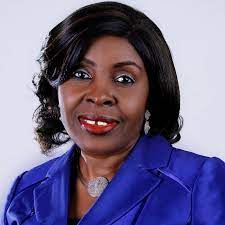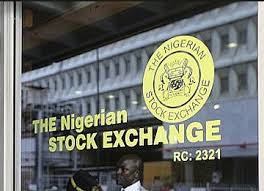The Lagos Chamber of Commerce and Industry (LCCI), Nigeria’s leading organized private sector (OPS) group, has flawed the recent hike in the Monetary Policy Rate (MPR) by the Central Bank of Nigeria (CBN) from 11.5% to 13%, saying the upward review will further worsen the burdens of manufacturers and other investors in the economy.
The Chamber, while noting that the MPR jack up is well expected by it following recent fundamentals in the economy, it pointed out that accessing credit from banks would become more challenging for manufacturers, particularly the Small and Medium Enterprises (SMEs) owners, with interest rate on their loans likely hitting 30% or over in the months ahead.
The Director General of the OPS group, Dr. Chinyere Almona, who expressed the OPS group’s position on the latest monetary policy measure in a statement issued at the weekend, noted that with the trend around the rising inflation rates across many economies globally it was well understood that the MPR hike was meant to control the rising inflation rate feared to assume a galloping trend soon.
According to the LCCI boss, whereas CBN has always maintained that Nigeria’s high inflation rate was due to non-monetary factors outside its purview, the Chamber has, however, consistently pointed at epileptic supply of Premium Motor Spirit (PMS), high cost of Automotive Gas Oil (AGO/Diesel), electricity tariff hikes, insecurity, and the illiquidity crisis in the foreign exchange market as factors responsible for the rising inflation.
The Director General maintained that these headwinds must be tackled head-on for the inflationary pressure to be tamed sustainably.
She further clarified: “The hike in the interest rates will normally mean less credit to the private sector and that can translate to reduced investment and constrained production in the economy, at least in the short term.
“This action also has implications for economic growth, job creation, and revenue generation for the government. When the MPR was 11.5% some credit lenders charged as high as 25% maximum rate to small companies. With the benchmark interest rate at 13%, we may likely have rates climb beyond 30% for SMEs.
“While we agree with the proposition that a lower interest rate in Nigeria compared with higher rates in developed economies would lead to capital flight, we must restate our recommendation that interest rate hikes will not on their curb inflationary pressures.
“The supply-side challenges like insecurity, forex scarcity, and uncertainties from the inconsistent policy environment must be tackled to curb the rising inflation. This is the more sustainable solution to the rising inflation in Nigeria”, Almona stressed.
On the way forward in the drive to boost productivity, the Chamber advised that “in the coming months and into the third quarter, the CBN should expand its targeted intervention schemes to support the productive sectors of the economy to reduce the cost of production.
“Beyond the role of price stability, the CBN must pay attention to sustaining economic growth that can create jobs and boost government revenues. Again, we reiterate that hikes in rates alone will not tackle the near-galloping inflation trend in Nigeria.
“We need interventions to boost the supply of goods and services, build critical supportive infrastructure, and resolve the illiquidity crisis in the forex market”, the OPS group added.




